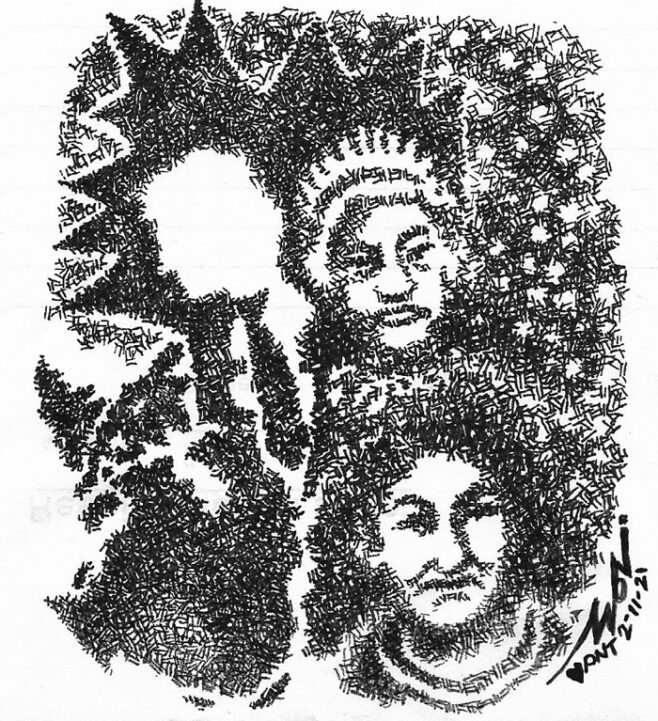Educational attainment and income are closely correlated, with higher degrees typically leading to higher salaries. Better educated workers also have lower rates of unemployment. Higher education is especially important for people early in their careers. As one moves along, job experience and the acquisition of new skills can take on added weight. Before one gets to higher education, however, one needs to go through basic education, the foundation of all learning to ensure that these benchmarks are met. This is reinforced with experiential learning.
A friend of mine who is a teacher in the Philippines said that the school year 2020-2021 is best left to experience, and considered a lost year. The modules that went home were unassessable, as some of the modules had answer keys, and some students’ work showed penmanship that pupils were not yet capable of attaining at their grade level. Learning was not optimum, and the students’ exposure to the material was limited, as online learning was almost non-existent. The government’s refusal to hold any classes in the elementary and high school grades despite a suggestion to do a blended, cohort model where students can come in a few days a week in smaller batches was rejected outrightly, even though the virus was at its lowest transmittable rate with children.
And now, the Department of Education has extended the school year 2020 to 2021 and is already requiring teachers to render 77 working days of overtime, without a single day of leave benefit. The moving of the closing date from July 10 to June 11 for kindergarteners to high students in public schools is meant to observe learning gaps, saying they need to be addressed “to meet the required essential learning competencies.”
With the said tentative date, the students will possibly have six weeks of break between two school years. It is two weeks shorter compared to the break before the pandemic happened. Overworked and tired teachers have cried foul at the unfairness of the new schedule, as this school year was more challenging and took its toll on teachers more than any other year. And now, they have to cut their vacations short, and continue with instruction that will come out futile, as children are also in vacation mode and would not hear of another lesson online.
With plenty of sunshine throughout the year in the Philippines, and ample open grounds in the public schools, classes under the mango trees doesn’t sound as impoverished as it did before. It now has become a necessary model for face-to-face learning. While many schools in the Lower Mainland here in BC have switched to outdoor classes, with kids on their own picnic mats, books in their hands, as the teacher goes through the lessons in her lawn chair, all of them wearing masks, the DepEd could have considered this model of face-to-face learning, as transmission is also less and even nil while outdoors. There are many mango trees in the Philippines – get them out and about under those trees.
While there is no perfect model for learning, especially in this pandemic, the DepEd should at least be honest with themselves that this blended/online learning wasn’t going to work from day one. All teachers around the world attest to this, even those of us here in Canada. They should have been busy really studying the possibility of alternative face-to-face instruction by using cohort models and lesser students in a class on an alternate day model. While learning may not be optimum even with this model, the students would have at least learned 50-75% of the curriculum in the year from a professional teacher.
Learning cannot be charged to experience. Not at the foundational level. The DepEd needs a little more schooling on this one.








